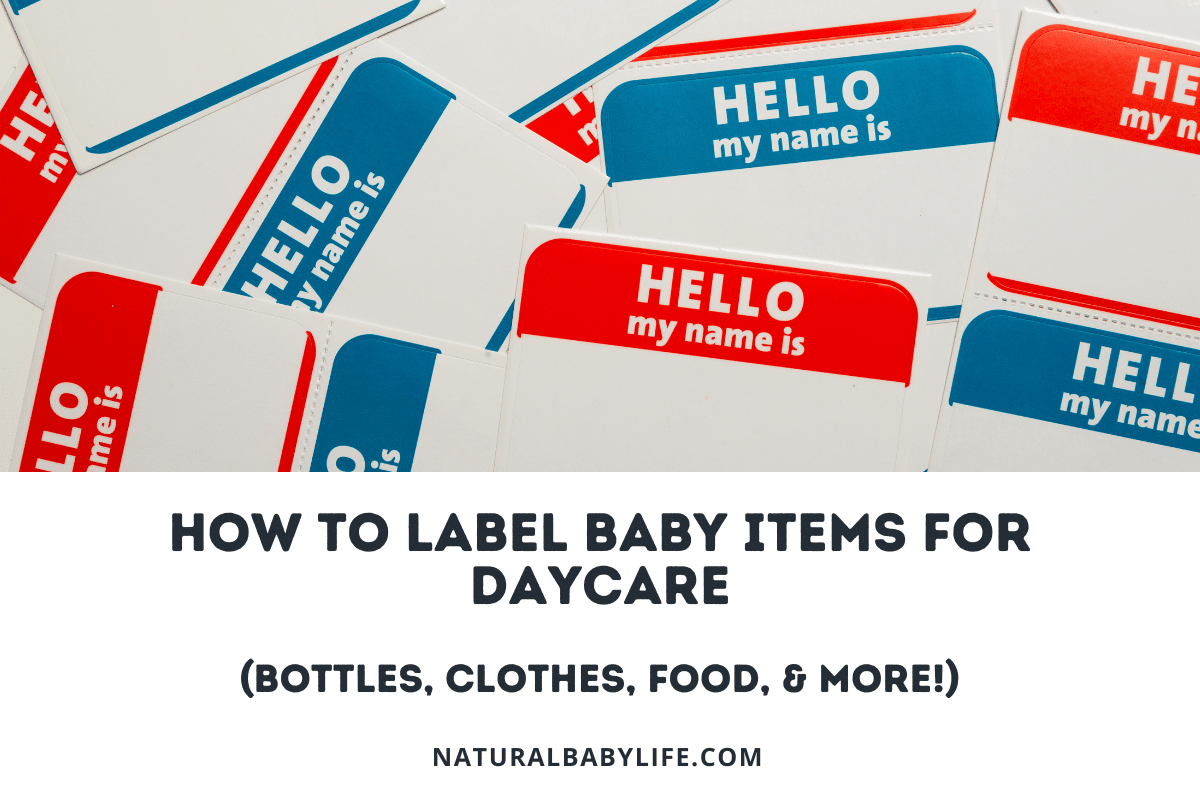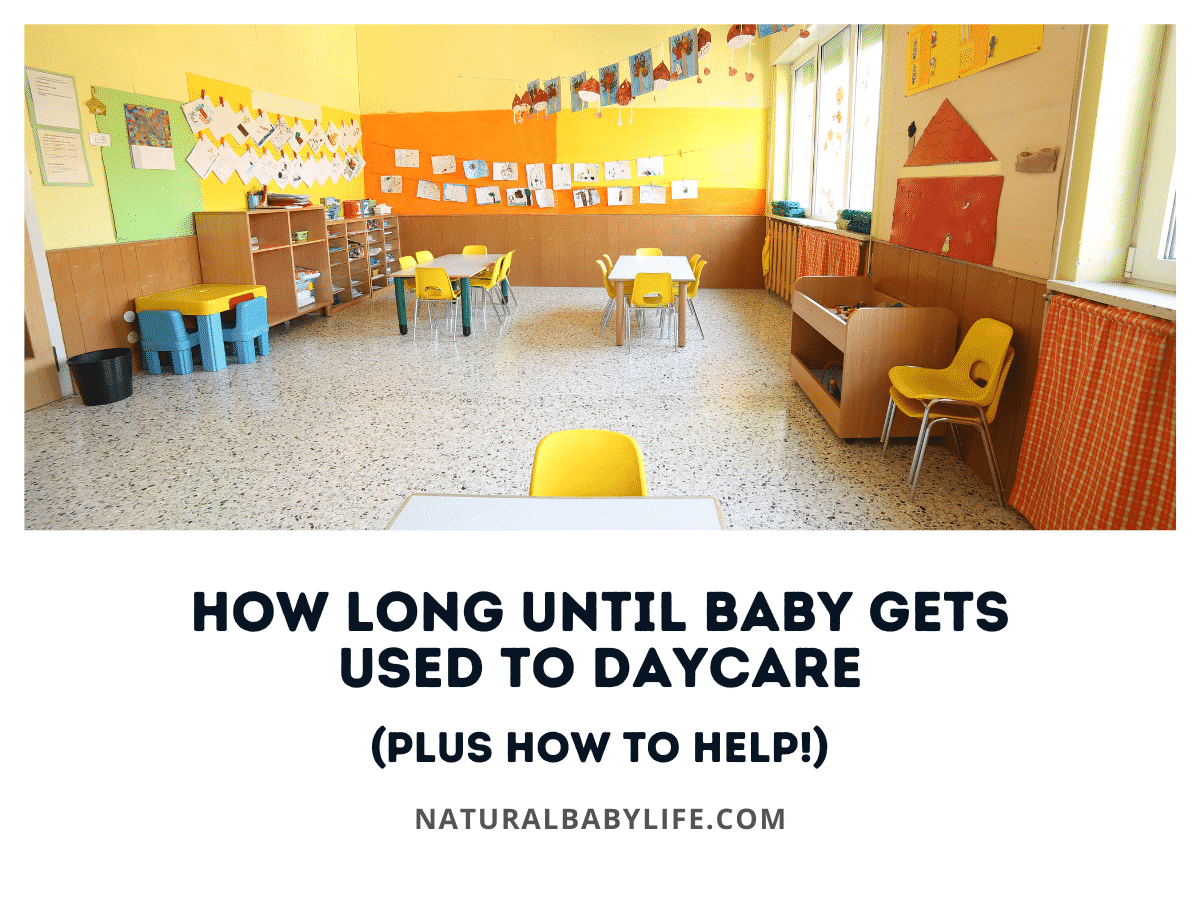Becoming a parent is a transformative experience. Your life will never be the same after welcoming your newborn into the world. As you now become responsible for your little one you will endure all the rewards this baby brings, and possibly experience some struggles along the way.
From birth to 12 weeks postpartum, also known as the fourth trimester, you will encounter many challenges, trials, tribulations, and stress. Your patience will be tested and you will be exhausted, but don’t let this stop you from cherishing this monumental step in parenthood.
As you adjust to life with a newborn you may experience a multitude of problems postpartum both physically and emotionally. If you find it difficult to balance everything that’s on your plate, that’s okay. Your mind and body will adjust over time and there are many helpful treatments available for you.
These treatment options aren’t just for experienced parents with children already. Instead, the tips suggested below are meant for new moms as well as veteran mothers. Newborn life can be a bumpy ride to navigate. From feeling like a terrible mom one second to being mesmerized by your little one the next, parenting isn’t always a smooth ride.
Read on to find out some common challenges faced in the fourth trimester and how you can tackle them as a mom!
Postpartum Mental Health Struggles
After giving birth, it is completely normal for your emotional stability to feel a little rocky. Your pregnancy hormones are fizzling out while your everyday hormones are trying to come back and level out appropriately. Because of this shift in hormones, the first few weeks of postpartum may be difficult emotionally.
If you experience mood swings and negative feelings within those first couple of weeks you may be struggling with the baby blues. It is said that 70-80% of new moms do experience mood swings and negative feelings after their child is born.
Not only will those struggling with the baby blues experience mood swings but also anxiety, irritability, lack of sleep, and fatigue. Good thing there are some helpful tips and treatments out there for decreasing baby blues symptoms!
For example, talk about what you are feeling with someone you trust. It’s healthy to talk out your emotional struggles with someone rather than keeping them inside and letting them weigh on you. If you don’t feel comfortable speaking with someone about this, try writing it down in a journal. Journaling is a great way to release any built-up emotions that you may be experiencing. And of course, be sure to inform your doctor about your experience with the baby blues.
If your baby blues stage continues and you feel emotions such as hopelessness, helplessness, and loneliness you could have postpartum depression. Postpartum depression is definitely not to be taken lightly as it is a real mental illness that affects your overall behavior and physical well-being. It makes it difficult to function and complete rather easy daily tasks which can also hinder your daily lifestyle.
Because of the seriousness of depression and the heavy influence it can have on your life, it is important to speak with your doctor when having these feelings. Your doctor might recommend scheduling sessions with a psychiatrist and getting depression treatment online. Discussing your feelings and postpartum experience with a mental health professional can help you start to rebuild your mental strength.
Not only can you seek mental health treatment, but you can also continue to improve your mental wellness at home by speaking with other moms about their postpartum journey. Try joining a Facebook group of moms going through the same things as you. It can be very beneficial to speak with other women that have similar experiences so you know that you are not alone.
Postpartum Physical Challenges
It’s no surprise that after giving birth your body changes. It can be hard to accept your new body postpartum. After getting used to your pregnant baby belly now you have to embrace your stretch marks. It’s important to love your body and be grateful for its ability to bring life into the world.
During childbirth, your body encounters a lot of pain, and might leave you with postpartum bleeding, soreness, cramps, and healing wounds. Your uterus is getting a lot of action during childbirth and postpartum, therefore it needs proper time to recover. During the recovery process, you might experience afterpains. Afterpains are similar to menstrual cramps and last a few days after delivery. You experience this cramping sensation because your uterus is actually shrinking down to its normal size and moving behind the pubic bone. This is when you can also start to see your belly become flattened.
If you gave birth vaginally, your vaginal area will be sore, swollen, and maybe even bruised. On the other hand, if you had a C-section your belly could be puffy looking and your incision can be very delicate and painful. Recovery for both of these lasts several weeks. As each day passes it’s important to remember that you are healing, even more, little by little.
Not only can your vaginal and stomach area be impacted after childbirth but so can your breasts. Prolactin, the hormone that helps you produce breast milk, starts kicking in causing your breasts to become enlarged. This is not only due to producing milk but the increased blood flow to the area. The engorgement of your breasts can be pretty painful, especially for the mamas who aren’t releasing the pain through nursing. To help with the swelling and pain try using warm and cold compresses or packs before and after breastfeeding. If you are not breastfeeding, however, the engorgement of your breasts will start to go down in a week. To help give you some relief try a comfortable bra and some pain medication. Always speak with your doctor about taking pain medications beforehand.
Aside from breast engorgement being an issue, breastfeeding can bring about some other challenges as well. A common challenge for new moms and for babies is latching. This is something you and your newborn need to learn together. How do you know if they aren’t latching properly? Well, if your breasts are sore and you feel pain afterward, or if your newborn doesn’t feel satisfied after nursing that could all be a sign. If you are experiencing latching problems give this article a read to see what changes can be made.
Moms can also experience blocked milk ducts and mastitis. A blocked milk duct can be caused by breast engorgement lasting longer than usual. If not relieved, mastitis can develop and cause painful inflammation in the breasts. Mastitis can lead you to feel sick and experience flu-like symptoms if not taken care of within 12-24 hours. If symptoms are prolonged and last past 24 hours contact your doctor. Clearly, being a mom can take a toll on your body, but in the end with proper recovery and care, it is worth it.
Postpartum can be a difficult journey for many. Not only are you adjusting to a new life being in your routine but you may encounter physical and mental challenges. Sometimes it seems like you’re not equipped to be the best parent you can be, but don’t worry these feelings are temporary. Once you start to navigate life as a new parent or adjust to another newborn you will start to be able to enjoy the many joys of parenthood.
We hope that your fourth trimester will be a bit easier with these tips we’ve laid out for you. The fourth trimester can be just as difficult as your first, second, and third trimesters, so don’t diminish your struggles postpartum. You’ve got this mama!










